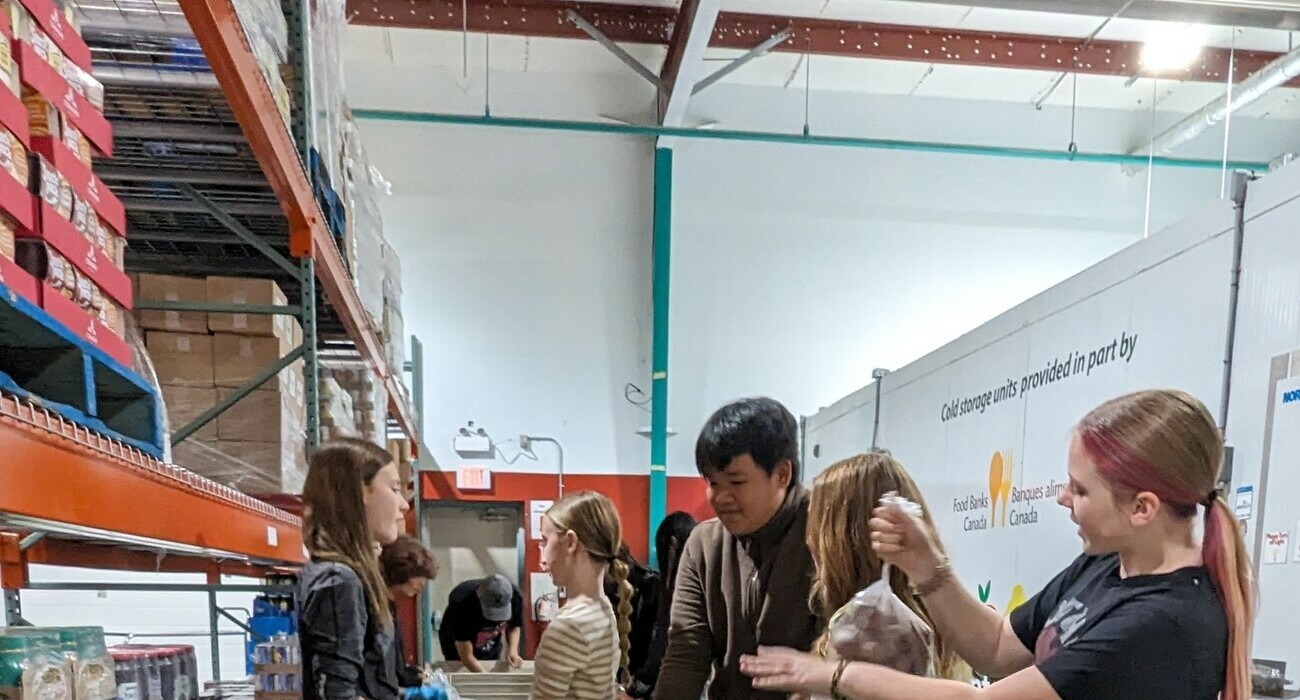
At many schools across southern Alberta, November brings the first of the year’s parent-teacher interviews or student-led conferences. As a parent, does the thought fill you with dread? Hopefully, not.
Laurie Wilson, Director of Learning with Palliser Regional Schools, says these meetings should be embraced as a time for parents and teachers to strengthen their natural partnership built on their common interest – student success.
“There isn’t a teacher and there’s isn’t a parent who doesn’t want that child to succeed,” says Wilson, who has been an educator for three decades.
With that common ground, it’s just a matter of building trust between teacher and parent and using that relationship to support the student’s learning.
The extent of the working relationship and even the tone of a parent-teacher meeting can often be coloured by Mom or Dad’s own school experiences.
If the parents’ school experiences were positive, “they come in feeling good. They know the things they want to ask. They come in open,” says Wilson. Conversely, those whose experiences were less positive are more likely to be guarded in their meetings with a teacher.
Some parents keep their involvement at school to a bare minimum, Wilson says. That lack of involvement has repercussions for the very students they want to succeed.
“There is so much research that says the more a parent is involved in the school, the better the child will do,” says Wilson, whose portfolio at Palliser includes community engagement. “Just 20 to 30 minutes at home talking with them can make a difference.”
Those conversations about school don’t need to be formalized, half-hour sessions at home of grilling the student about school and working on homework.
They can take place in snippets over dinner, in the car on the way to soccer practice or split up between 10 minutes of conversation and 10 minutes of reading, Wilson suggests.
The key is to ask open-ended questions, specific to the activities, lessons and outcomes at school to encourage the student to share what they’ve learned.
“In math, you might ask ‘How did you figure that out?’ ” she suggests. “In science, you can ask ‘How did you come to that conclusion?’ ”
These conversations encourage the student to reflect on what they’ve learned. In describing it to someone else, they solidify that knowledge.
“If you can teach it to someone else, that’s the highest level of learning,” says Wilson.
The conversations can be fun and they certainly don’t need to be curriculum-driven.
“Tell me about your friends. Who are you hanging out with? What choices did you make and how did you make that decision?” Wilson says these chats can reveal a great deal about your child’s way of thinking.
“If you start having these conversations when they’re little ones, they’re not going to feel like you’re prying into their life when they’re teenagers,” Wilson says.
To be able to ask specific questions to draw out those specific answers, parents need to know what’s happening in the classroom. That’s where the ongoing communication between parent and teacher is vital.
Parents can ask teachers to share what the expectations are for the student, what the big ideas of the lessons are and how the student’s learning will be assessed. It helps, too, to see some of the student’s work. Such information can help parents find their own way of supporting the learning through activities at home. The parent-teacher meeting is also a good time to find out the best way to maintain contact with the teacher, whether through email, phone calls or notes shared through the student’s agenda.
Wilson suggests teachers make a first contact with the parent before the first parent-teacher interview, even if it’s just a quick note inviting the parent to attend and outlining what they can expect during that meeting. That outline can remove any fear of the unknown.
Wilson offers three simple tips for both parents and teachers facing an interview this month:
- Involve the child if at all possible. “It’s about them. Why wouldn’t they be involved?”
- Smile. “A smile will go far. Go in there smiling whether you feel it or not. Doors will open.”
- Ask ‘how’ questions, not ‘why’ questions. “Why questions tend to put people on the defensive.”

